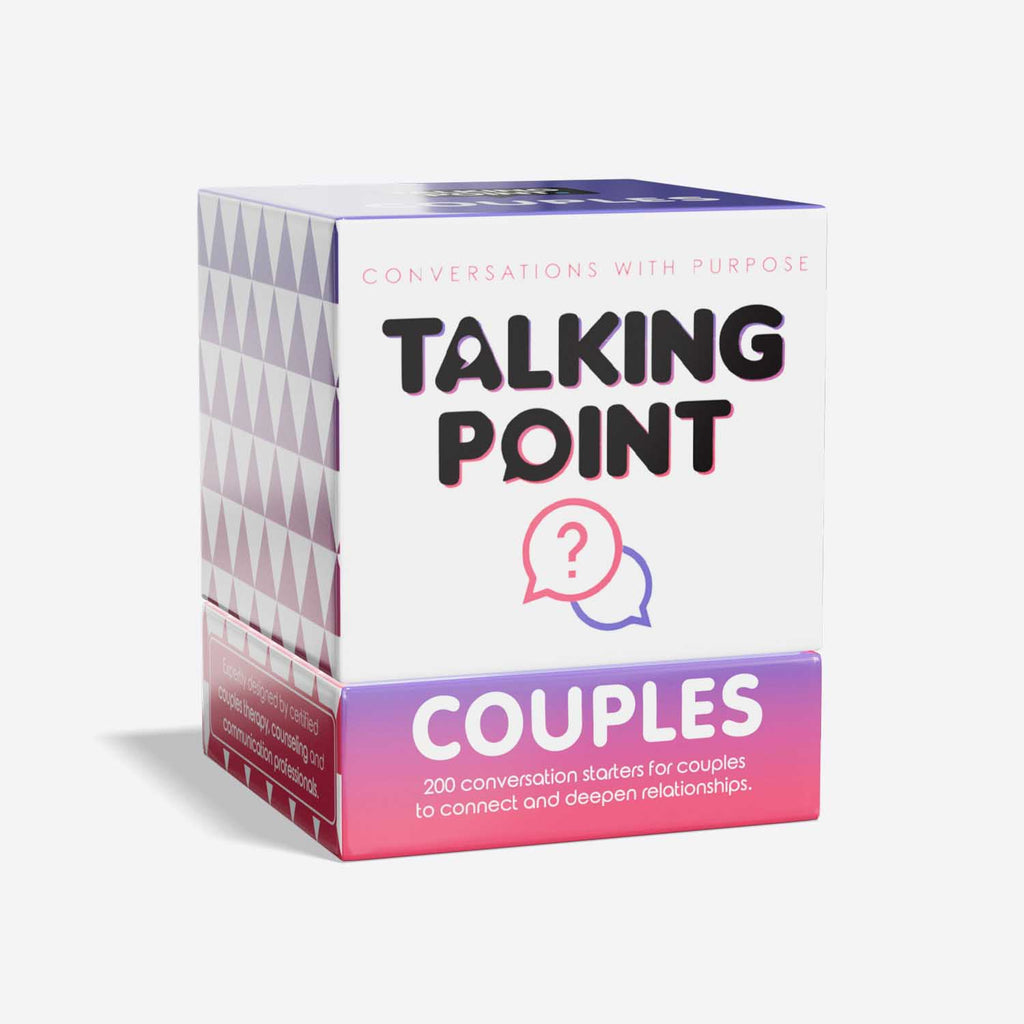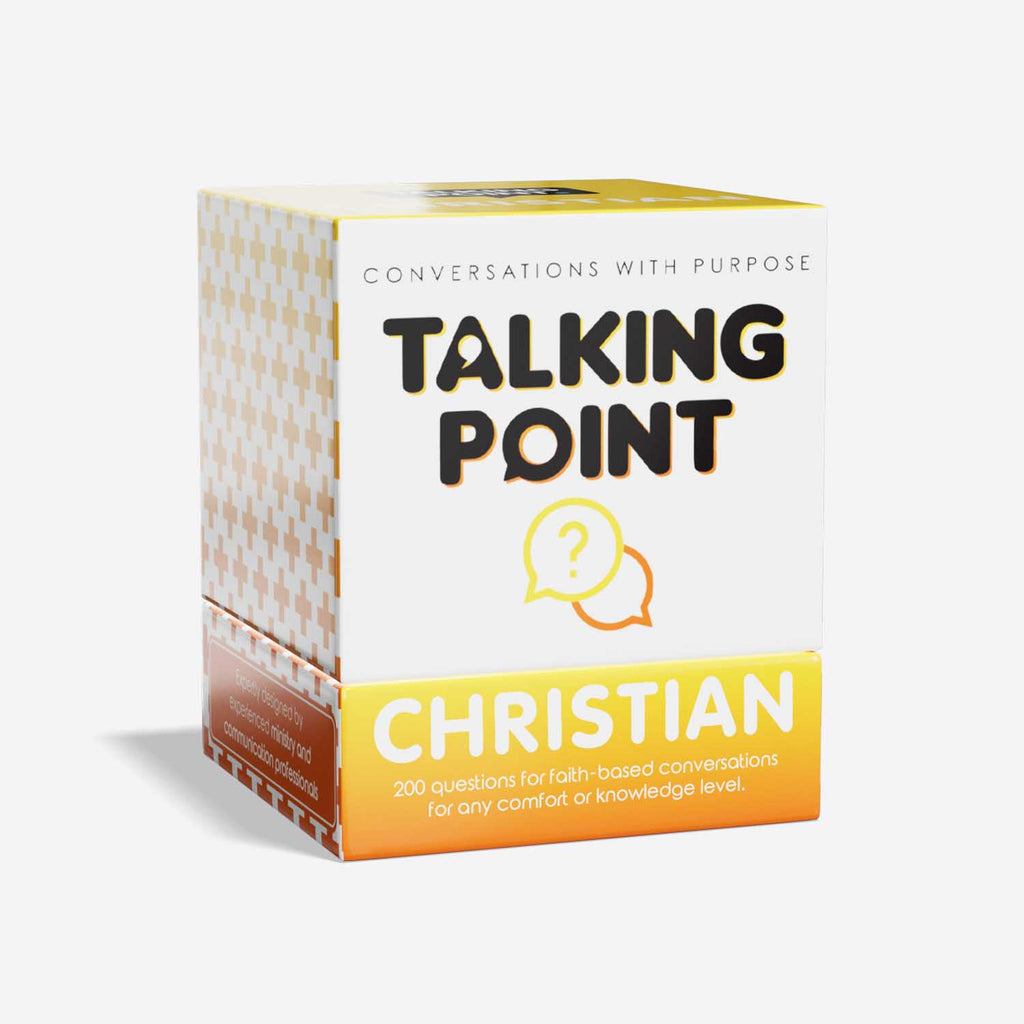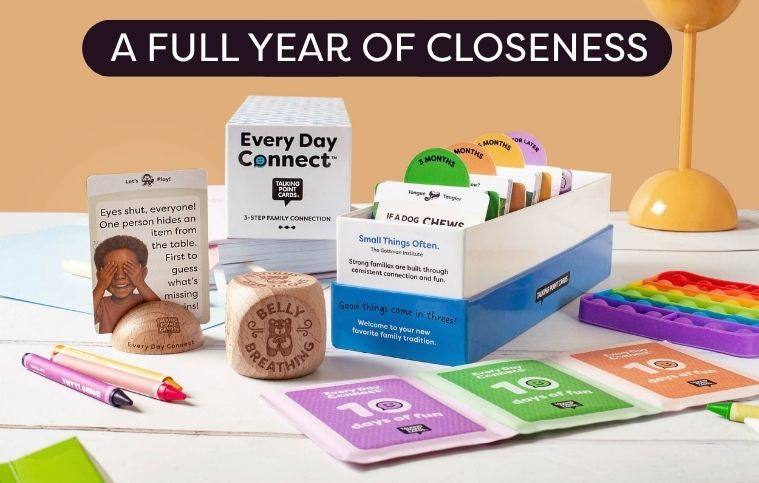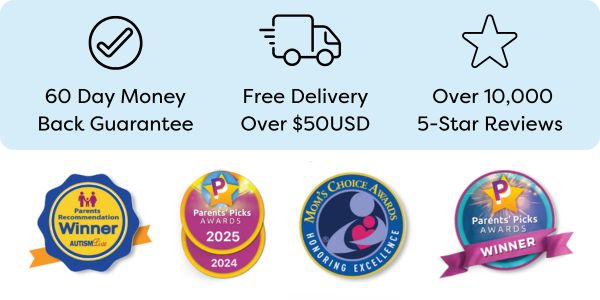SHOP
About
Instinctively we know too much time on screens can’t be good for us. We even make jokes, slightly nervously, about digital detoxes. We go from the computer screen, to the TV, to the ipad to the phone, our eyes constantly grazing, our mind scattered and feeling emotionally delicate. What’s happening? Why can’t we tear ourselves away from them? And why do they make us feel so flat?
We’ve taken a dive into some scientific journals to discover the side effects of all that time online.
Relationships suffer
Too much screen time can impair brain structure and function. For people with addictions (like we all have to a certain degree to our screens) many studies have found that the frontal lobe which is the area in our brain directly responsible for planning, organizing and controlling impulses is affected. As is the insula, which allows us to feel compassion and express empathy. This can make it difficult to form deep and meaningful relationships. Also, it’s very tricky to talk with someone when their deep into a scroll session on their phone.
Physical pain
All that time stooping and stressing over a screen can have some serious physical side effects too. Obesity, insomnia and mood swings, are just some of the downsides. Not to mention, strained eyes, blurred vision, sore neck and shoulders and headaches – ouch!
Social media downturn
Social media provides us with immediate rewards, a little like, a thumb tap and a smile. Very quickly your brain rewires to want more and more recognition. Scans of social media addicts show similarities to those of drug-dependent brains with a change in the areas that control decisions, feelings and desire for attention.
We need other people to be happy
Our cave man brains haven’t evolved nearly as quickly as technology. We still need face to face physical interaction, that we’ll never get from our phones. We are social animals after all, wired to operate off non-verbal communications just as much as verbal. Which is why most job interviews are still done in person. There’s a lot we learn from meeting each other in the flesh. A simple handshake, a back slap, holding the door for someone create a powerful sense of trust. Apparently, it takes us three seconds to decide if we like someone or not. That’s how tuned in our brains are to non-verbal communication signals. Voice tone, dress, handshake grip, fidgeting, we read body language quicker and more accurately than we’d read an online profile.
Feel good – get together
It’s nice to have real conversations with real people, in real life. Our brains release oxytocin when we are shown affection with a smile, a shoulder rub, an elbow nudge, a wink. Being around people makes us happy. Especially when we can be ourselves, our real selves and not the one-dimensional version of ourselves that’s posted online with witty hashtags.
Learn to put the screens down. Gather your family, keep your phone in your pocket, boil the kettle for a cuppa and pull out a packet of Talking Point Cards and get to know each other better asking lively and interesting question and just hang out together and have fun without screens.
Instinctively we know too much time on screens can’t be good for us. We even make jokes, slightly nervously, about digital detoxes. We go from the computer screen, to the TV, to the ipad to the phone, our eyes constantly grazing, our mind scattered and feeling emotionally delicate. What’s happening? Why can’t we tear ourselves away from them? And why do they make us feel so flat?
We’ve taken a dive into some scientific journals to discover the side effects of all that time online.
Relationships suffer
Too much screen time can impair brain structure and function. For people with addictions (like we all have to a certain degree to our screens) many studies have found that the frontal lobe which is the area in our brain directly responsible for planning, organizing and controlling impulses is affected. As is the insula, which allows us to feel compassion and express empathy. This can make it difficult to form deep and meaningful relationships. Also, it’s very tricky to talk with someone when their deep into a scroll session on their phone.
Physical pain
All that time stooping and stressing over a screen can have some serious physical side effects too. Obesity, insomnia and mood swings, are just some of the downsides. Not to mention, strained eyes, blurred vision, sore neck and shoulders and headaches – ouch!
Social media downturn
Social media provides us with immediate rewards, a little like, a thumb tap and a smile. Very quickly your brain rewires to want more and more recognition. Scans of social media addicts show similarities to those of drug-dependent brains with a change in the areas that control decisions, feelings and desire for attention.
We need other people to be happy
Our cave man brains haven’t evolved nearly as quickly as technology. We still need face to face physical interaction, that we’ll never get from our phones. We are social animals after all, wired to operate off non-verbal communications just as much as verbal. Which is why most job interviews are still done in person. There’s a lot we learn from meeting each other in the flesh. A simple handshake, a back slap, holding the door for someone create a powerful sense of trust. Apparently, it takes us three seconds to decide if we like someone or not. That’s how tuned in our brains are to non-verbal communication signals. Voice tone, dress, handshake grip, fidgeting, we read body language quicker and more accurately than we’d read an online profile.
Feel good – get together
It’s nice to have real conversations with real people, in real life. Our brains release oxytocin when we are shown affection with a smile, a shoulder rub, an elbow nudge, a wink. Being around people makes us happy. Especially when we can be ourselves, our real selves and not the one-dimensional version of ourselves that’s posted online with witty hashtags.
Learn to put the screens down. Gather your family, keep your phone in your pocket, boil the kettle for a cuppa and pull out a packet of Talking Point Cards and get to know each other better asking lively and interesting question and just hang out together and have fun without screens.
Is there anyone who hasn’t wished they could communicate better?
How much better would life be if you had a better relationship with your spouse? With your children? With your parents? With your friends?
The whole idea behind Talking Point Cards is to strengthen real relationships in a digital world. We hate that our time and attention is increasingly consumed by technology which is replacing real, genuine human relationships.
Your family connections and friendships shouldn’t suffer because TV, social media and online games are replacing our face-to-facetime! That’s why our founder, Ben, originally created Talking Point Cards.
Is there anyone who hasn’t wished they could communicate better?
How much better would life be if you had a better relationship with your spouse? With your children? With your parents? With your friends?
The whole idea behind Talking Point Cards is to strengthen real relationships in a digital world. We hate that our time and attention is increasingly consumed by technology which is replacing real, genuine human relationships.
Your family connections and friendships shouldn’t suffer because TV, social media and online games are replacing our face-to-facetime! That’s why our founder, Ben, originally created Talking Point Cards.
One Mission, A Thousand Voices
And we’re not alone. Our Talking Point Cards were so successful in growing intimacy, deepening trust, removing barriers and opening doors in relationships that people started noticing. We received stories from tens of thousands of customers about how these simple questions breathed new life into their marriages, families and lives!
From that feedback we noticed that communication was just one area which was suffering from the all-consuming impact of technology. So, we expanded our focus to include physical activity, screen-free entertainment, household management, self-care and mental health products - all to get people of all ages away from the screen and living their happiest, healthiest, most fulfilling life possible.
One Mission, A Thousand Voices
And we’re not alone. Our Talking Point Cards were so successful in growing intimacy, deepening trust, removing barriers and opening doors in relationships that people started noticing. We received stories from tens of thousands of customers about how these simple questions breathed new life into their marriages, families and lives!
From that feedback we noticed that communication was just one area which was suffering from the all-consuming impact of technology. So, we expanded our focus to include physical activity, screen-free entertainment, household management, self-care and mental health products - all to get people of all ages away from the screen and living their happiest, healthiest, most fulfilling life possible.
At Talking Point Cards, we say “live in real life.” Our products are designed to strengthen real relationships in a digital world.
At Talking Point Cards, we say “live in real life.” Our products are designed to strengthen real relationships in a digital world.
Our flagship conversation starters each have 200 professionally created questions targeted to a specific relationship, and come in an attractively durable box that fits in a bag or suitcase.
The Talking Point Cards come in a variety of purpose-designed sets. Some of our best sellers: Couples Edition, to enhance and deepen the relationship with your spouse or partner. Family Edition, to get everyone talking comfortably and openly no matter their age. Generations Edition, to help learn your parent’s (or grandparent’s) life stories. Christian Edition, to help you begin real, comfortable discussions about your faith.
Our flagship conversation starters each have 200 professionally created questions targeted to a specific relationship, and come in an attractively durable box that fits in a bag or suitcase.
The Talking Point Cards come in a variety of purpose-designed sets. Some of our best sellers: Couples Edition, to enhance and deepen the relationship with your spouse or partner. Family Edition, to get everyone talking comfortably and openly no matter their age. Generations Edition, to help learn your parent’s (or grandparent’s) life stories. Christian Edition, to help you begin real, comfortable discussions about your faith.
Couples Edition
Thought-provoking conversation starters for couples to enhance and deepen your relationship.
Family Edition
Engaging conversation starters for families to enhance and deepen your relationship.
Christian Edition
Begin real discussion about Christian faith with guided conversation starters.

Couples Edition
Thought-provoking conversation starters for couples to enhance and deepen your relationship.
BEST FOR: Couples, Married, Dating

Family Edition
Engaging conversation starters for families to enhance and deepen your relationship.
BEST FOR: Families, Parents, Relatives

Christian Edition
Begin real discussion about Christian faith with guided conversation starters.
BEST FOR: Churches, Small Groups, Youth
Get new videos, discount codes, and more!
Our Story
Talking Point Cards started in 2015 when founder Ben Jones asked the question: “What is happening to our relationships?”
It seemed that our time was increasingly consumed by technology which had replaced real, genuine human relationships.
His solution to this problem was to reclaim family time from TV, Social Media & Online Games with resources so engaging& useful that everyone would want to unplug to enjoy some quality time& real conversation with friends & family. This is where the idea for Talking Point Cards was born.
The Real-Life Revolution
As Talking Point Cards grew, we noticed that communication was just one area which was suffering from the all-consuming impact of technology.
In response to our customer feedback, we expanded our focus to include physical activity, screen-free entertainment, household management, self-care and mental health products - all to get people of all ages away from the screen and living their happiest, healthiest, most fulfilling life possible.
Our goal is to build a Real-Life Revolution; a worldwide community to offer positive support and products about promoting real relationships and healthy lifestyles in a digital world! This mission pervades everything we do.
Talking Point Cards started in 2015 when founder Ben Jones asked the question: “What is happening to our relationships?”
It seemed that our time was increasingly consumed by technology which had replaced real, genuine human relationships.
His solution to this problem was to reclaim family time from TV, Social Media & Online Games with resources so engaging& useful that everyone would want to unplug to enjoy some quality time& real conversation with friends & family. This is where the idea for Talking Point Cards was born.
The Real-Life Revolution
As Talking Point Cards grew, we noticed that communication was just one area which was suffering from the all-consuming impact of technology.
In response to our customer feedback, we expanded our focus to include physical activity, screen-free entertainment, household management, self-care and mental health products - all to get people of all ages away from the screen and living their happiest, healthiest, most fulfilling life possible.
Our goal is to build a Real-Life Revolution; a worldwide community to offer positive support and products about promoting real relationships and healthy lifestyles in a digital world! This mission pervades everything we do.












